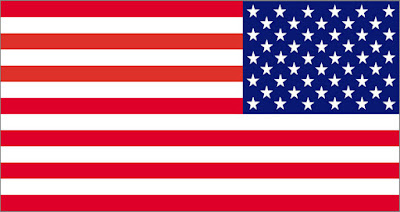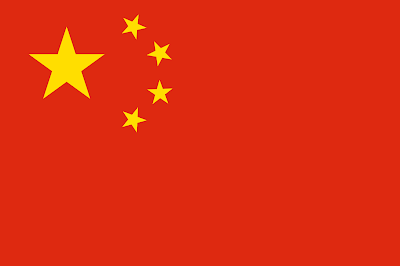Argentina officially the Argentine Republic is a federal republic located in southeastern South America. Sharing the bulk of the Southern Cone with its neighbour Chile, it is bordered by Bolivia and Paraguay to the north; Brazil to the northeast; Uruguay and the South Atlantic Ocean to the east; Chile to the west and the Drake Passage to the south.
With a mainland area of 2,780,400 km2 (1,073,500 sq mi), Argentina is the eighth-largest country in the world, the second-largest in Latin America, and the largest Spanish-speaking one. Argentina claims sovereignty over part of Antarctica, the Falkland Islands (Spanish: Islas Malvinas), South Georgia and the South Sandwich Islands. The country is subdivided into twenty-three provinces (Spanish: provincias, singular provincia) and one autonomous city (ciudad autónoma), Buenos Aires, which is the federal capital of the nation (Spanish: Capital Federal) as decided by Congress. The provinces and the capital have their own constitutions, but exist under a federal system.
The earliest recorded human presence in the area of modern-day Argentina dates back to the Paleolithic period.The country has its roots in Spanish colonization of the region during the 16th century.Argentina rose as the successor state of the Viceroyalty of the Río de la Plata, a Spanish overseas viceroyalty founded in 1776. The declaration and fight for independence (1810–1818) was followed by an extended civil war that lasted until 1861, culminating in the country's reorganization as a federation of provinces with Buenos Aires as its capital city. The country thereafter enjoyed relative peace and stability, with massive waves of European immigration radically reshaping its cultural and demographic outlook. The almost-unparalleled increase in prosperity led to Argentina becoming the seventh wealthiest developed nation in the world by the early 20th century.
After 1930 Argentina descended into political instability and periodic economic crisis that pushed it back into underdevelopment, though it nevertheless remained among the fifteen richest countries until the mid-20th century. Argentina retains its historic status as a middle power in international affairs, and is a prominent regional power in the Southern Cone and Latin America.
Argentina has the second largest economy in South America, the third-largest in Latin America and is a member of the G-15 and G-20 major economies. It is also a founding member of the United Nations, World Bank, World Trade Organization, Mercosur, Union of South American Nations, Community of Latin American and Caribbean States and the Organization of Ibero-American States. It is the country with the highest Human Development Index in Latin America with a rating of "very high". Because of its stability, market size and growing high-tech sector,Argentina is classified as a high-income economy.
















